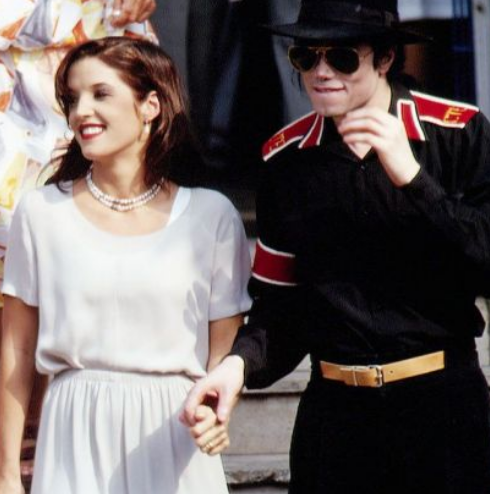Your book club probably already read Where the Crawdads Sing. Laura Miller from Slate looks at how a long-ago murder in Africa influenced Delia Owens’ first novel. Support our news coverage by subscribing to our Kindle Nation Daily Digest. Joining is free right now!
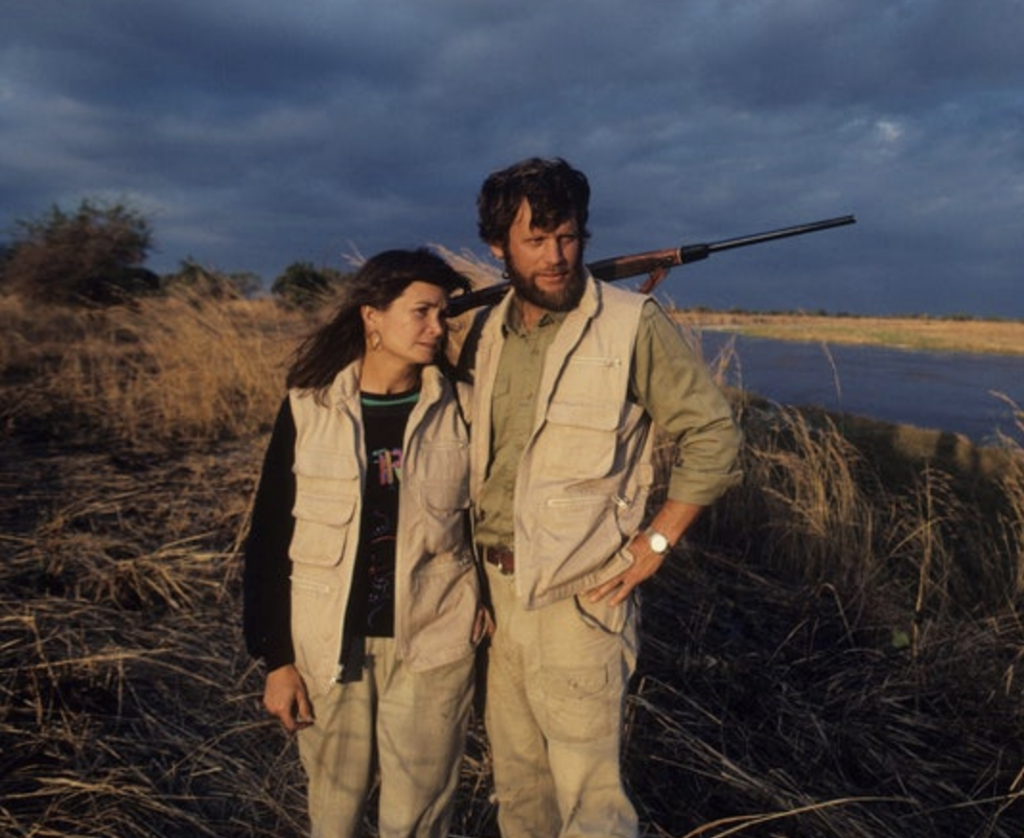
Where the Crawdads Sing by Delia Owens is the sort of book that you’ve either never heard of or have already read for your book club. The bestselling hardcover title of 2019, Crawdads has sold more than 1 million copies—jaw-dropping for any first novel, much less one by an author who just turned 70, living on a remote homestead in northern Idaho. Publishers Weekly has called its success the “feel-good publishing story of the year.” (Spoilers for the novel follow throughout this piece.) If you’re one of the people who’ve read the book, you probably know a little of Owens’ romantic backstory, like the huge boost her debut got when Reese Witherspoon, the Oprah of our time, selected it for her book club. Or the fact that while Crawdads is Owens’ first novel, it’s not her first book. And then there’s the 22 years she spent in Africa with her husband, Mark, living close to the land and working in wildlife conservation. Delia and Mark wrote about those experiences in three memoirs. But what most of Crawdads’ fans don’t know is that Delia and Mark Owens have been advised never to return to one of the African nations where they once lived and worked, Zambia, because they are wanted for questioning in a murder that took place there decades ago. That murder, whose victim remains unidentified, was filmed and broadcast on national television in the U.S.
To be clear, Delia Owens herself is not suspected of involvement in the murder of a poacher filmed by an ABC camera crew in 1995, while the news program Turning Point was producing a segment on the Owenses’ conservation work in Zambia. But her stepson, Christopher, and her husband have been implicated by some witnesses. This murky incident from Delia’s past is hardly a secret. In fact, in 2010 it was the subject of “The Hunted,” an 18,000-word story written by Jeffrey Goldberg and published in the New Yorker. You can find a link to that story, along with a one-line reference to a “controversial killing of a poacher in Zambia,” in Owens’ Wikipedia entry. However, the Wikipedia entry for Owens comes as only the fourth result when you Google her name, and a lazy or unseasoned internet user might stop reading after browsing the official bios that outrank it. Apparently many such users are members of the press. In numerous interviews, Owens giggles about how her publishers “keep sending me champagne” or recounts how she was inspired by her observations of animals that “live in very strong female social groups.” (No such group appears in Where the Crawdads Sing.) But when it comes to the remarkable fact that, in the company of a charismatic but volcanic man, she apparently lived through a modern-day version of Heart of Darkness? Not a peep.
Goldberg—who spent months researching “The Hunted,” traveling to South Africa, Idaho, and Maine in addition to making three trips to the Luangwa area in Zambia, and interviewing over 100 sources—is bemused by how effectively Owens and her publisher have managed to overshadow perhaps the most fascinating, if troubling, episode in her life. “A number of people started emailing me about this book,” he told me in an email, “readers who made the connection between the Delia Owens of Crawdads and the Delia Owens of the New Yorker investigation. So I got a copy of Crawdads and I have to say I found it strange and uncomfortable to be reading the story of a Southern loner, a noble naturalist, who gets away with what is described as a righteously motivated murder in the remote wild.”
Several sources Goldberg spoke with, including the cameraman who filmed the shooting of the poacher, have stated that Christopher Owens—Mark Owens’ son and Delia Owens’ stepson—was the first member of a scouting party to shoot the man. (Two other scouts followed suit.) Others have claimed that Mark Owens covered up the killing by carrying the body, which was never recovered, up in his helicopter and dropping it in a lake. Whoever pulled the trigger that day, what seems indisputable from “The Hunted” is that, over the course of years, Mark Owens, in his zeal to save endangered elephants and other wildlife, became carried away by his own power, turning into a modern-day version of Joseph Conrad’s Mr. Kurtz—and that while Delia Owens objected, at times, to what was happening, she was either unable or unwilling to stop him or quit him. And despite being set in a different place and time, her bestselling novel contains striking echoes of those volatile years in the wilderness.
Mark and Delia Owens first arrived in Zambia in 1986 after getting kicked out of Botswana, where they had made themselves unwelcome by criticizing the government’s conservation policies. The young couple sought out a preserve in Zambia’s North Luangwa wilderness, an area whose indigenous inhabitants had been expelled by the nation’s former British rulers. They were drawn to the region’s isolation and then dismayed to discover that poachers were devastating the local elephant population. Some of the animals were killed by people who had lived in the surrounding area for generations and whose ancestors had long hunted its large mammals for meat, but the greatest threat came from poachers feeding a booming international ivory market.
These well-armed poachers overmatched the ragtag band of park service scouts charged with protecting the elephants. The Owenses raised money from European and American donors to better pay and equip the scouts; in exchange, they were named “honorary game rangers” by the Zambian government. According to many sources Goldberg spoke with in Zambia, Mark Owens became the de facto commander of the scouts, harrying poaching parties with firecrackers shot from a Cessna and later, from a helicopter, menacing them with a machine gun. Under his command, scouts raided villages and roughed up residents in search of suspects and poached loot. In one (highly contested) letter, Mark Owens informed a safari leader that his scouts had killed two poachers and “are just getting warmed up.” (Mark and Delia Owens deny most of these claims, alleging various conspiracies against them by those who resented their success and fame or who had a corrupt financial interest in the poaching trade.) “They thought they were kings,” the recipient of this letter said of the Owenses. “He made himself the law, and his law was that he could do anything he wanted.”
Delia Owens sometimes objected to the risks her husband took in combating the poachers, and in their co-authored 1992 memoir, The Eye of the Elephant, she describes at one point separating from him and building her own camp four miles away. Eventually, the couple reconciled. After the ABC story aired and Zambian authorities became alarmed at the idea of a foreign national overseeing a shoot-to-kill policy in one of their preserves, the Owenses traveled to the U.S. for a visit and never returned. According to Goldberg, “The American Embassy warned the Owenses not to enter Zambia until the controversy was resolved,” but as of 2010, the case was still open. “There’s no statute of limitations on murder,” an investigator told Goldberg. Mark Owens confirmed to me through his attorney that there have been no further developments in the case and noted that no charges were ever filed. His attorney also confirmed that the pair never returned to Zambia. I was unable to reach Christopher Owens.
Read full post on Slate

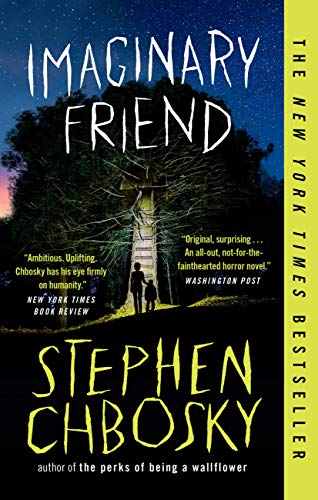
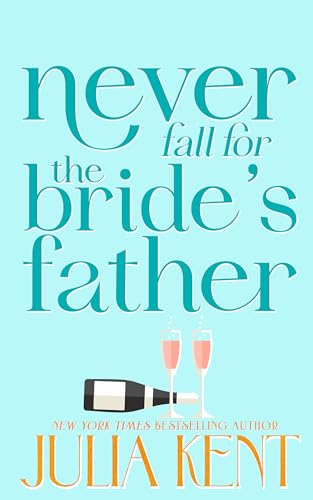

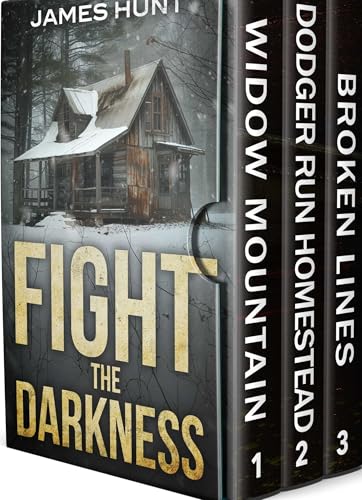
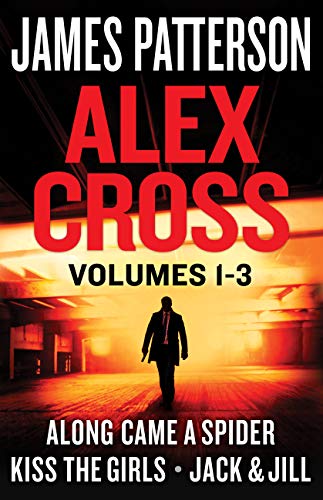
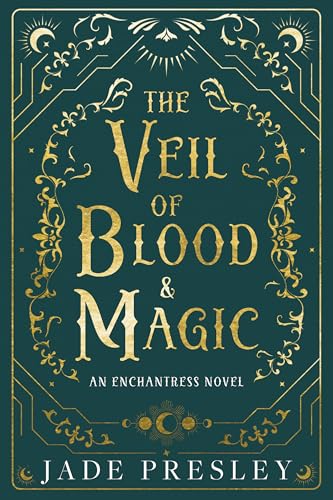
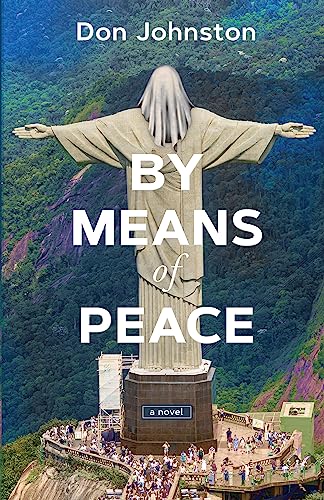
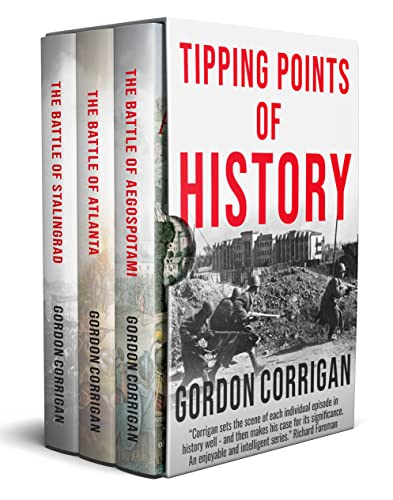
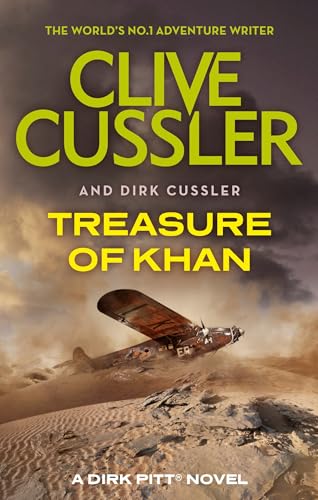
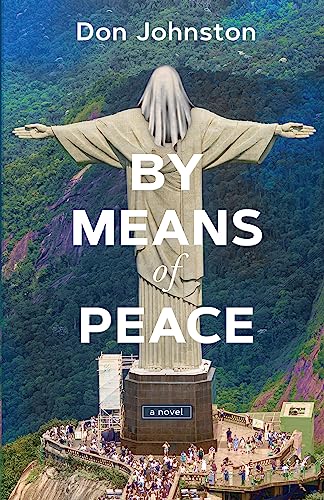
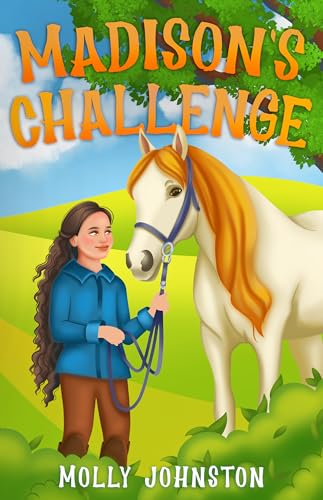
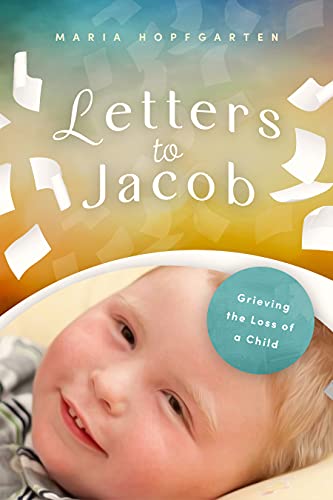

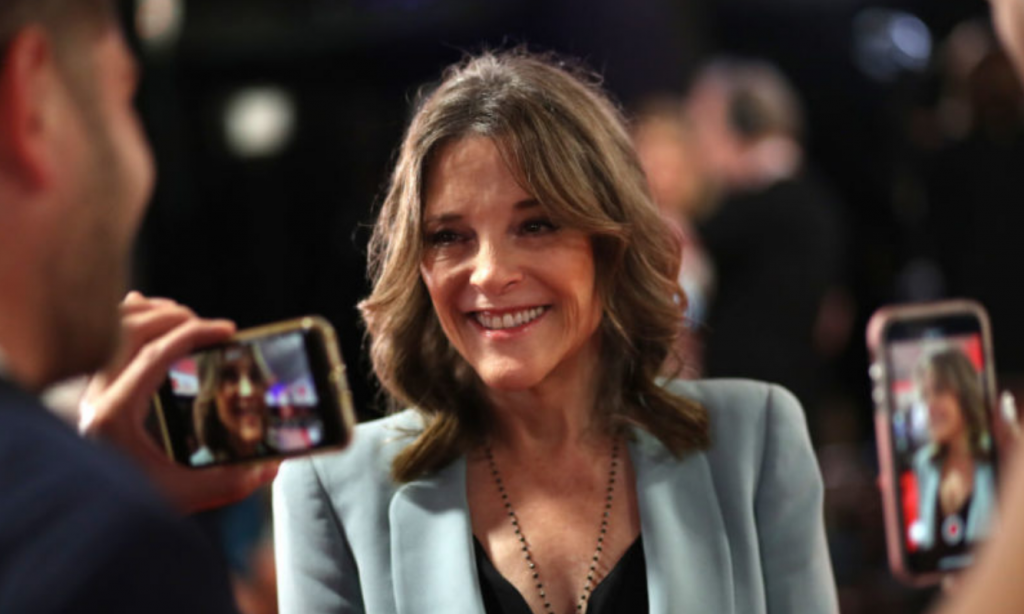
![Permanent Record by [Snowden, Edward]](https://images-na.ssl-images-amazon.com/images/I/51p%2BvSl%2B4qL.jpg)
